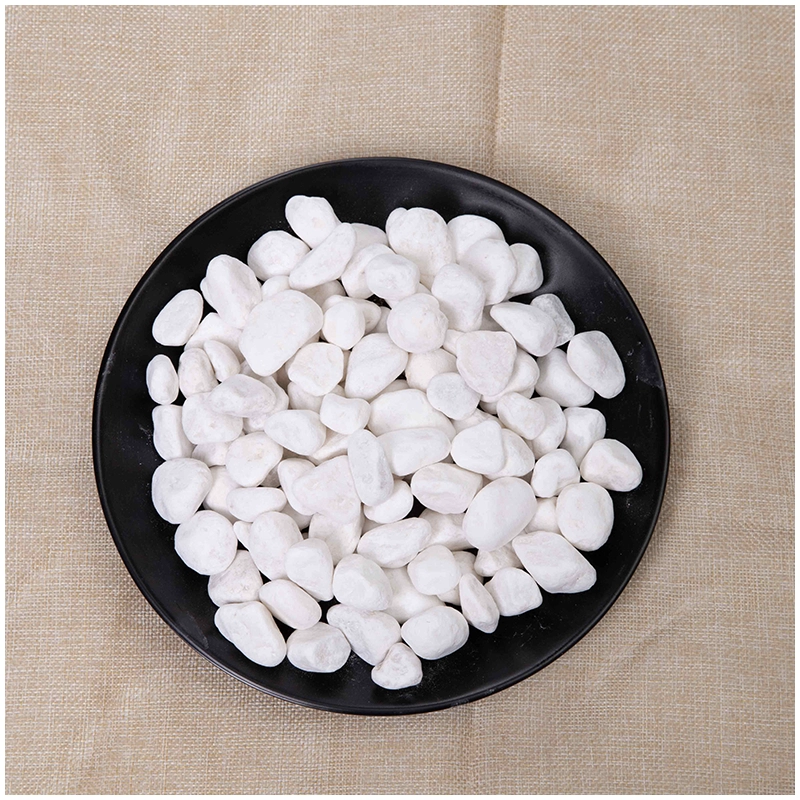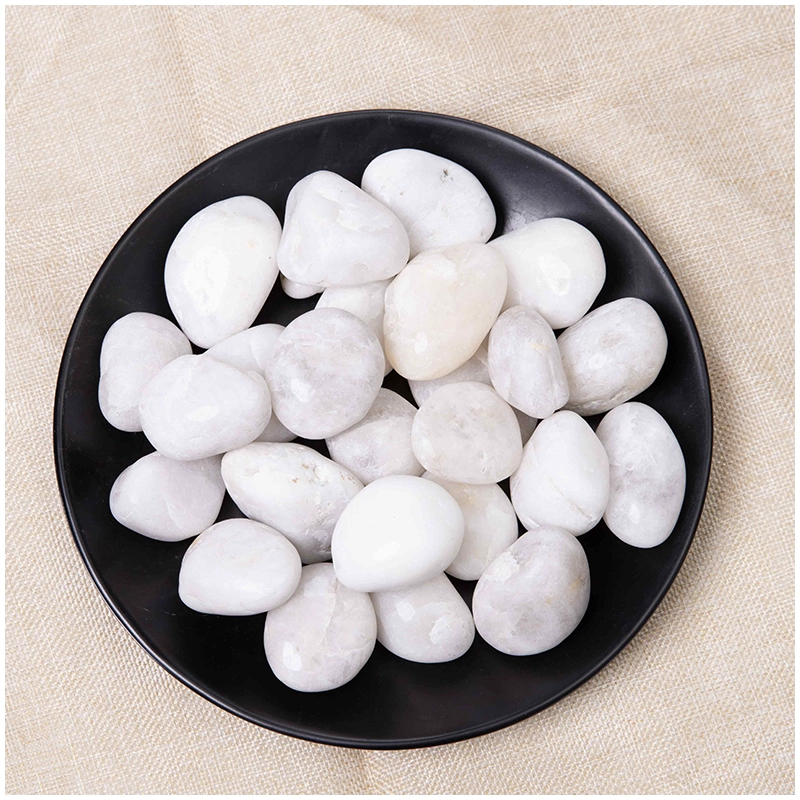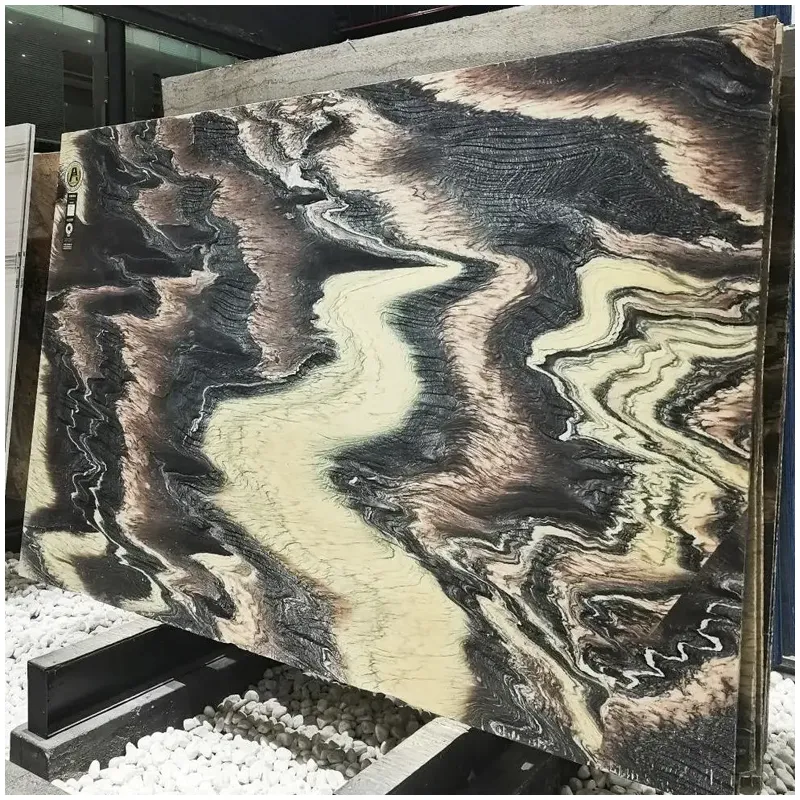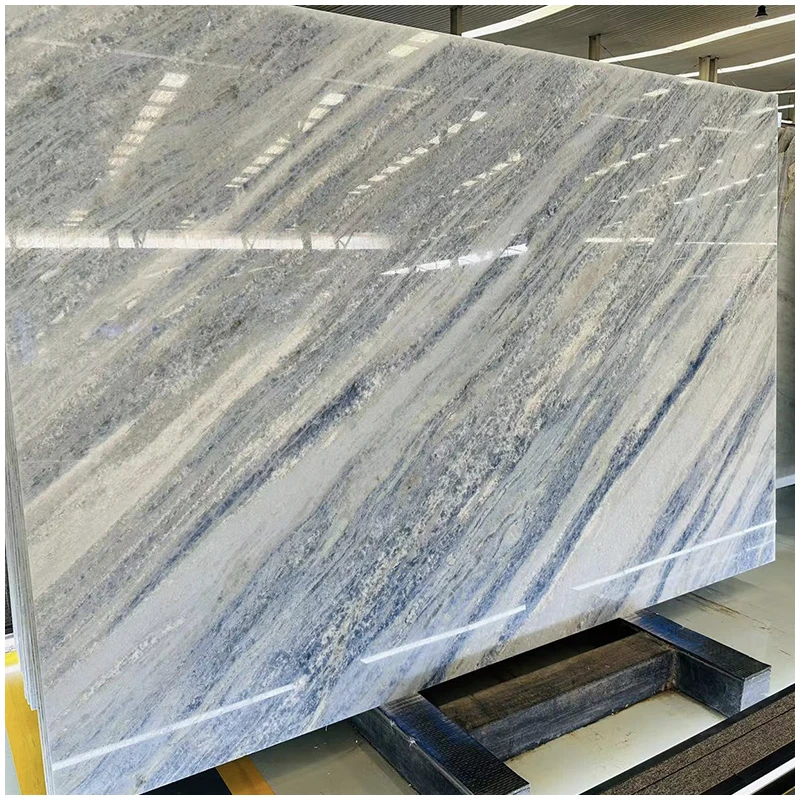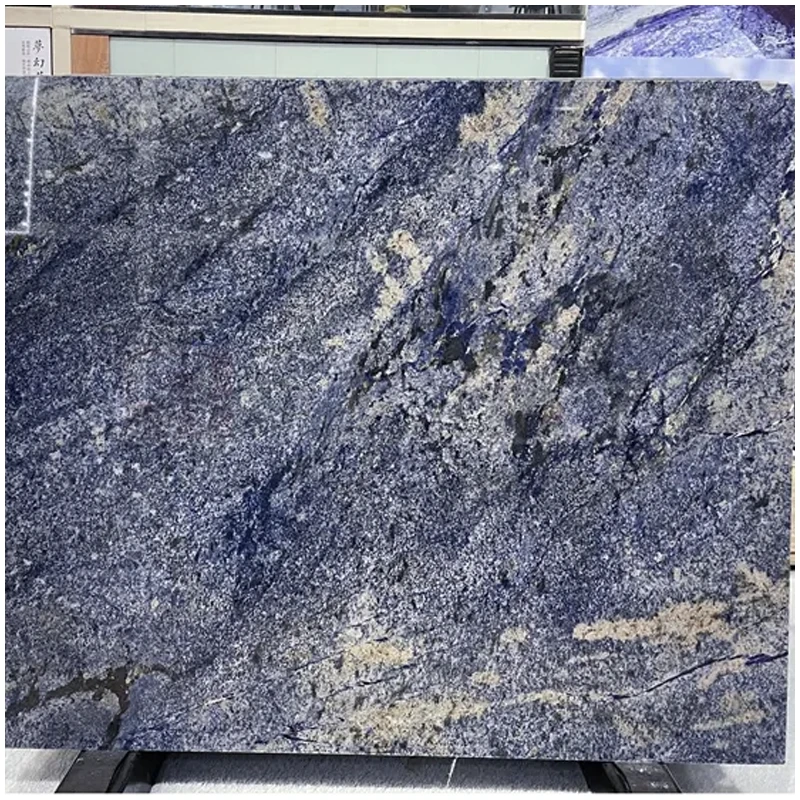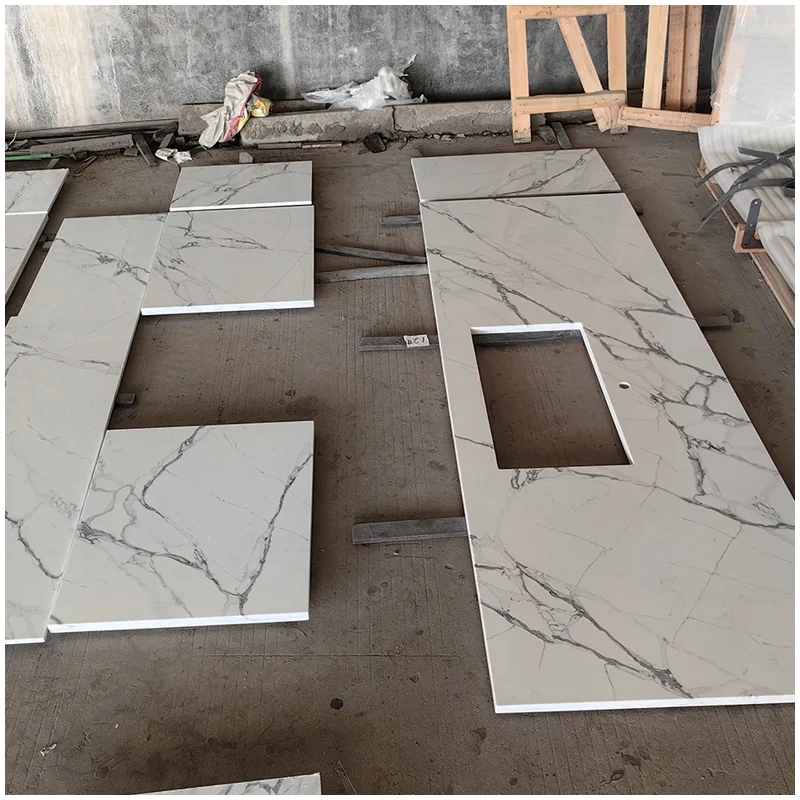Polished Blue Pearl Granite Floor and Wall Paving Tiles For Interior Projects
The beautiful crystals within a Blue Pearl Granite would be totally wasted without a finish that highlights these stunning specks. This tile has a polished finish, created by buffing a smoothed down stone continually. It's a laborious process that can remove up to 1mm of the tile's surface in order to create a mirror-shine finish.
Blue Pearl Granite is also commercially known as Labradorite Blue. The fairly uniform Blue Pearl Granite Floor Tiles is used for interior well as exterior purposes like flooring, cladding, and counters. It is a coarse-grained, light blue Labradorite stone, chiefly consisting of alkali feldspar. Its sawing direction is vein cut and water absorption is 0.11%.
Le granit Blue Pearl de Norvège présente des nuances de bleu, de gris et de beige. Ce granit durable convient aux produits commerciaux et résidentiels et constitue une option exceptionnelle pour le revêtement des murs extérieurs.

Blue Pearl Granite Floor Tiles are one of the best searchable and demanded products and as per high customer demand of this product. This is available in different shapes and sizes. The splendid color and tough durability make this blue pearl granite a favorite of many.
|
Taille |
Taille du carreau : 305x305mm or 12”x12” 400x400mm ou 16 "x16" 457x457mm ou 18 "x18". 600x600mm ou 24 "x24" Épaisseur : 1cm, 1,2cm, 1,5cm, 1,8cm, 2cm, 2,5cm, 3cm, etc. |
|
Dalles Taille : 1800(up) x 600(up)mm 1800(up) x 700(up)mm 2400(up) x1200(up)mm 2800(up) x1500(up)mm |
|
|
Countertop:96"x26", 98"x26", 108"x26", 76"x36" Vanity Top:25"x22", 31"x22", 37"x22", 49"x22", 60"x22" or as your request. |
|
|
Finition de surface |
Polished, Honed, Flamed, Split faced, Picked, Bush hammered, Chiseled, Sawn cut, Sandblasted, Mushroom, Tumbled surface. |
|
Utilisation |
For internal & external decoration and construction Walling or flooring tile, or slab, top or kitchen countertops are available |




How are slabs cut?
Huge blocks of stone are excavated from the earth and hauled to manufacturing locations, where they are cut by a series of large saws. They are then finished and shipped to us by boat.
Why is there a glue-like residue on the edges of marble and granite slabs?
A coat of epoxy resin is either rolled on by hand or applied by high-tech machinery, then heated to harden. The slabs are then sent through a series of diamond and synthetic abrasive lines that remove 99% of the resin, leaving a highly polished product virtually free of defects. This enables consumers to have colors of stone not available in years past, as well as a product unmatched by man-made solid surface products.







